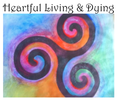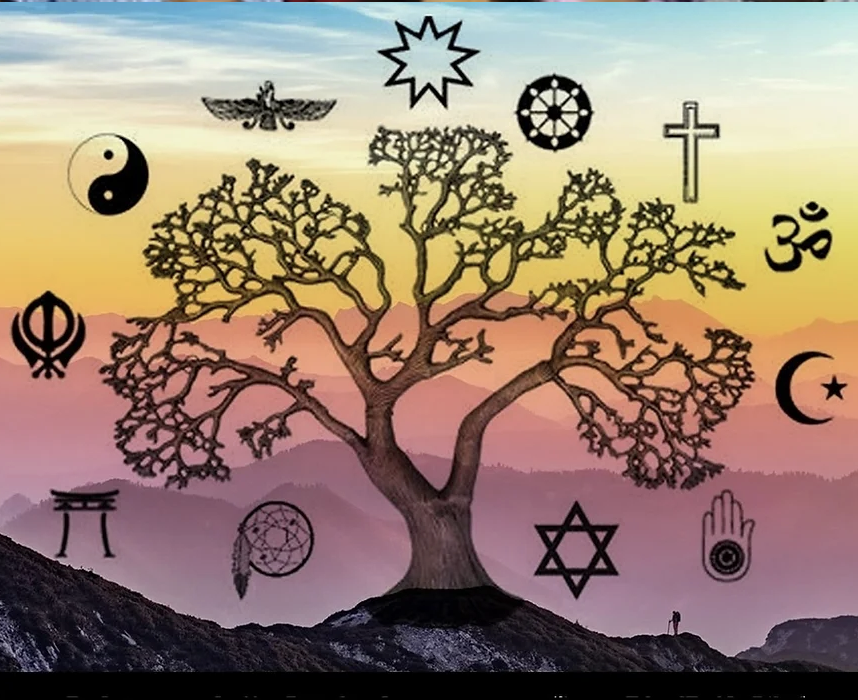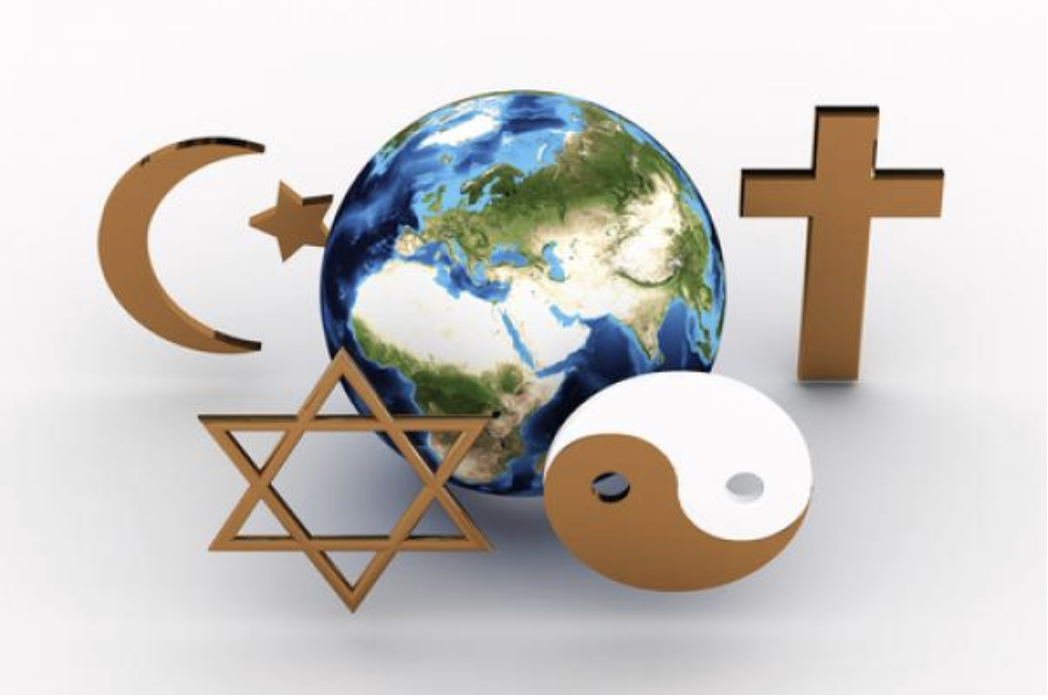Welcome to the Blog page of Heartful Living and Dying.
Maya makes every effort to properly and respectfully credit any sources referenced in her blog posts, her Hospice IDT offerings, or Resources page; please report corrections or additions via the contact page.
If you wish to use material from this or any of Maya's websites, please email [email protected] for permission.
Maya lovingly requests that you credit her by sharing her name, website and contact links in written material,
and verbally as well if using material in live presentations.
Thank you so much, and May Your Living and Dying be Heartful, Friends!
Maya makes every effort to properly and respectfully credit any sources referenced in her blog posts, her Hospice IDT offerings, or Resources page; please report corrections or additions via the contact page.
If you wish to use material from this or any of Maya's websites, please email [email protected] for permission.
Maya lovingly requests that you credit her by sharing her name, website and contact links in written material,
and verbally as well if using material in live presentations.
Thank you so much, and May Your Living and Dying be Heartful, Friends!



 RSS Feed
RSS Feed
